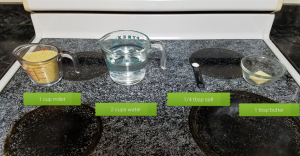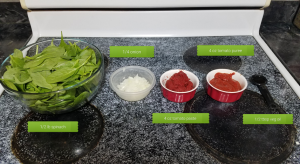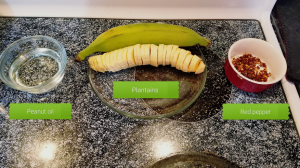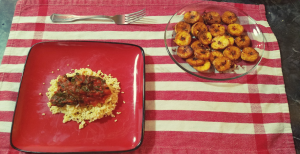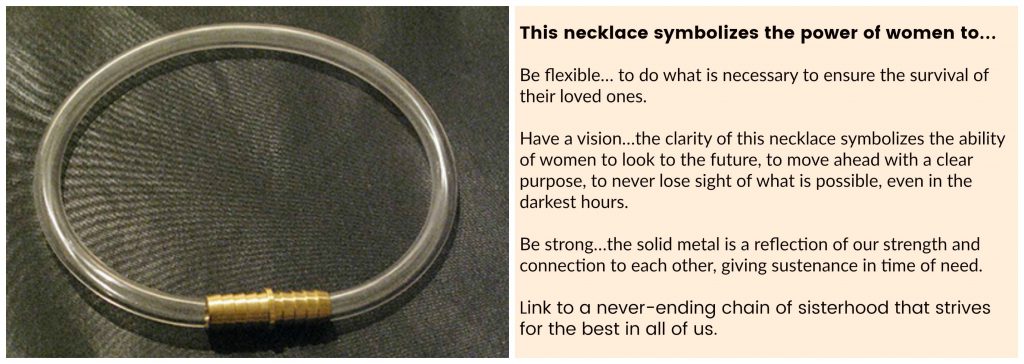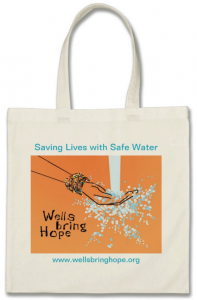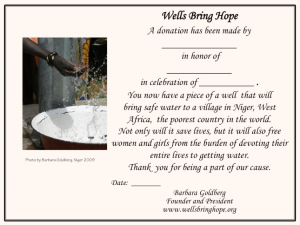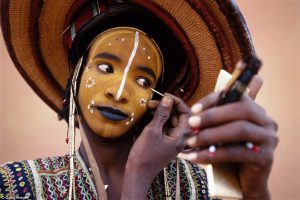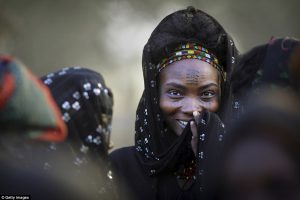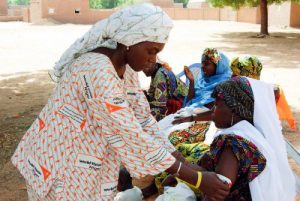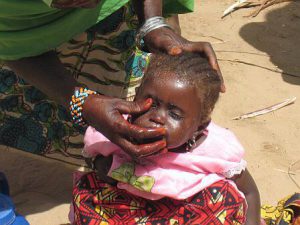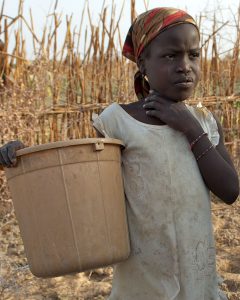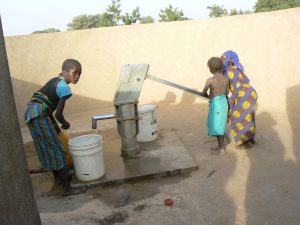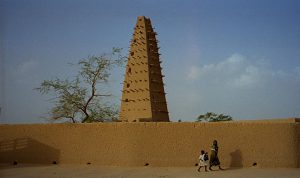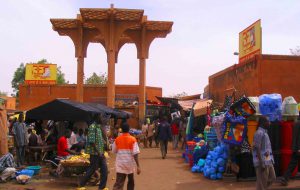By Kristopher Coulston
Imagine spending hours walking miles to search for and collect water – this is the daily routine and a domestic duty for most women and girls in Niger. Education is the key to change, the key to a bright future, but pursuing an education is not a priority when you do not have ready access to clean water. It is the lack of access to clean water that discourages the educational aspirations of Nigerien women and girls, further hampering economic growth and political change in Niger.
As Nelson Mandela said, “Education is the most powerful weapon which you can use to change the world.” It is educational achievement that will empower Nigerien women to take on positions that contribute to the economy, spurring economic growth. A thriving economy would make a world of difference for the country of Niger, but it simply is not possible without ready access to clean water.
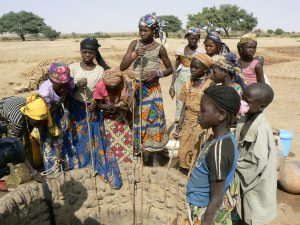
Nigerien women joining the political ranks would undoubtedly bring forth positive and everlasting change. As Hillary Clinton has said, “When women participate in politics, it ripples out to the entire society… Women are the world’s most underused resource.” Unfortunately, this is particularly true in Niger. Women who spend hours every day walking for water cannot conceive of a world in which they can enter the the political arena and contribute.
From the flow of readily available clean water will come a wave of empowered and educated Nigerien women and girls. They will be the driving force behind economic growth. They will be the political change-makers. They will be the entrepreneurs and educators and innovators that will bring marked transformation and endless progress to Niger.
It all starts with water.
Read more about the effects water has on women in the political and educational realm.



